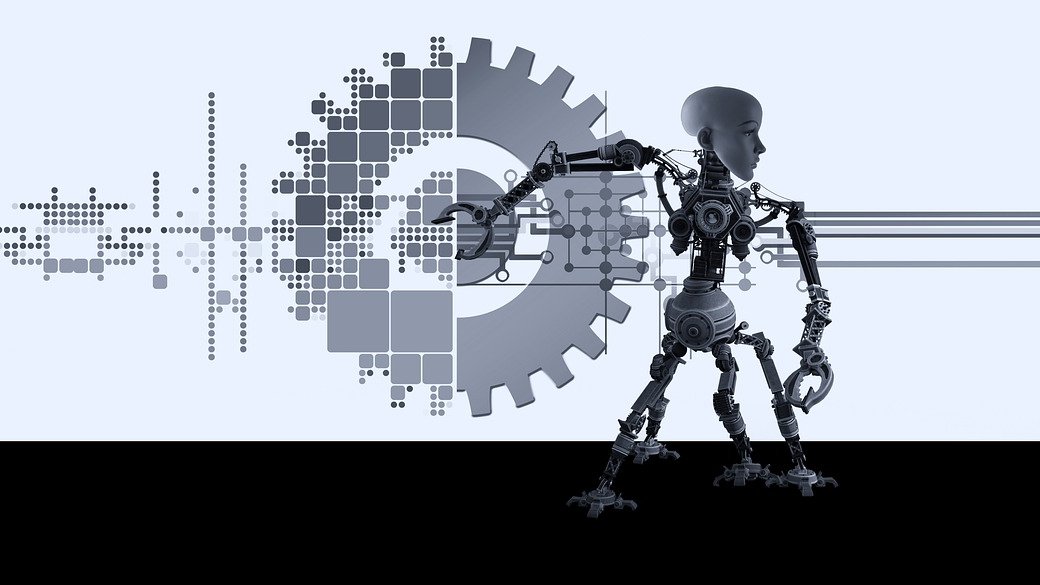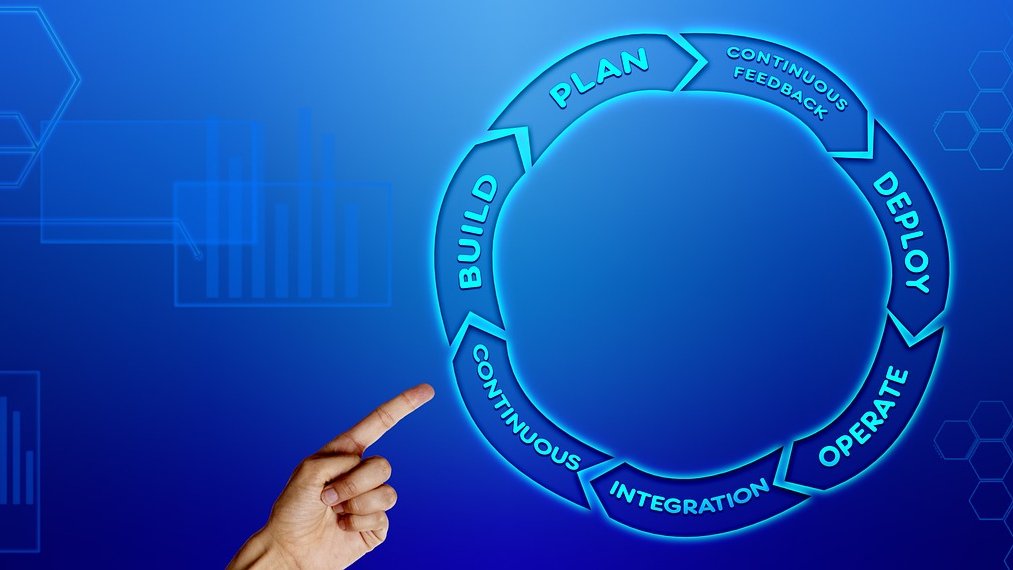
In today's fast-paced work environments, keeping employees motivated and engaged can be a challenge. One of the key contributors to maintaining high levels of morale is 'recognition'. More specifically, peer recognition plays a crucial role in maintaining a positive and productive work environment. This is because it can foster a sense of community, encourage teamwork, and boost morale. In this article, we'll explore the power of peer recognition and present three effective ways it can boost workplace morale.
The Power of Peer Recognition
Peer recognition is when employees acknowledge each other's work and contributions. It's a way of showing respect and appreciation for each other's efforts and can take many forms, from a simple 'thank you' to more structured recognition programs.
Studies have shown that peer recognition can have a significant impact on employee engagement. According to a survey by Deloitte, companies where recognition occurs have a 31% lower voluntary turnover than companies where recognition is rare.
The benefits of peer recognition are numerous and include:
-
Increased Employee Engagement: Employees who feel recognized are more likely to be engaged in their work. This can lead to increased productivity and better overall business performance.
-
Improved Morale: Recognition can lead to a more positive work environment, which in turn boosts morale. When employees feel appreciated, they're more likely to enjoy their work and contribute to a positive work culture.
-
Better Team Dynamics: Peer recognition encourages teamwork and can help to foster a sense of community within the workplace. This can lead to improved communication, collaboration, and problem-solving.
But how can organizations implement effective peer recognition strategies to harness these benefits? Let’s look at three ways.
Way 1: Implement a formal peer recognition program
A formal peer recognition program can provide a structured way for employees to recognize each other's efforts. This could involve a nomination process where employees can nominate their peers for rewards based on their contributions. The rewards could be as simple as a shout-out in a team meeting or as elaborate as a reward system with tangible benefits. Implementing this kind of program can help reinforce a culture of recognition in the workplace.
Way 2: Foster a culture of regular feedback
Feedback should not only come from managers but also from peers. Encourage employees to give and receive feedback on a regular basis. This can not only lead to improved performance but also foster a sense of respect and understanding among team members.
Way 3: Use technology to facilitate peer recognition
With the rise of remote working, technology can play a key role in facilitating peer recognition. There are numerous online platforms available that allow employees to give and receive recognition in real time. These platforms can also allow for recognition to be made public, increasing the positive impact it can have.
In conclusion, peer recognition is a powerful tool that organizations can use to boost morale and foster a positive work culture. By implementing a peer recognition program, encouraging regular feedback, and leveraging technology, organizations can empower their employees, improve engagement, and ultimately drive business success.









